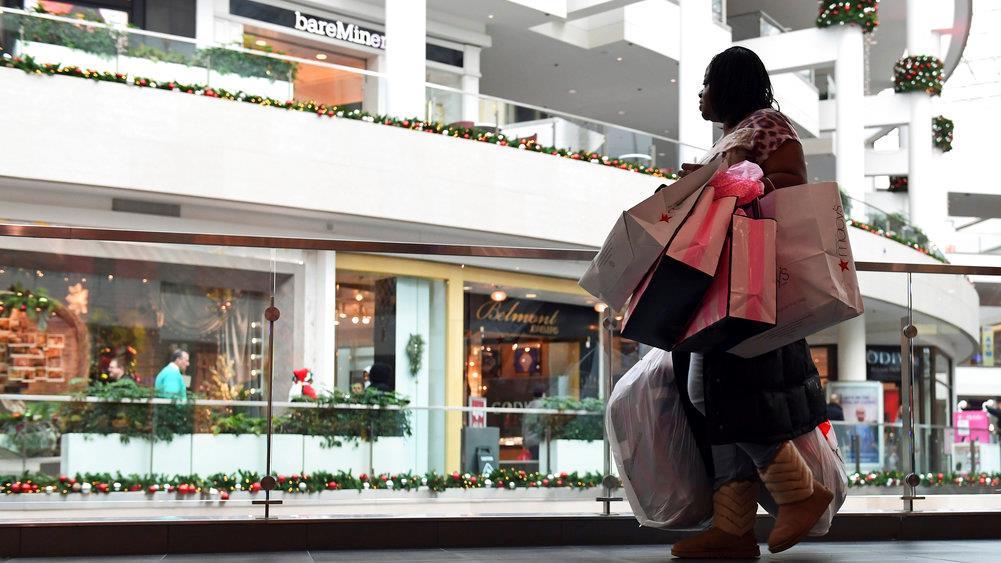Shopping malls continue downward spiral as smaller stores quietly disappear
There is no doubt that 2017 was a tough year for most retailers as many of the country’s most prominent retailers announced the shuttering of some brick-and-mortar stores.
Big retailers like Wet Seal, BCBG, The Limited, Aeropostale, and Bebe all made announcements that it will be closing some—and a few said all—of their doors in select malls. While the news made shockwaves in the retail industry, many of the smaller retail chains choose a different route and quietly disappeared, according to new analysis from Green Street's Advisory Group.
Green Street said of the 2,468 in-line stores that closed in 2017—which excludes department stores—979 closings weren’t even announced.
“While some of these brands have publicized their closures, others have been doing so more quietly by choosing not to renew expiring leases. Given that in-line tenants have a higher rent per square foot burden and have shorter lease terms, these trends will often occur long before any anchor store closing announcements,” wrote Jim Sullivan, president of Green Street's Advisory Group.
The challenge he adds for market participants is “not only track the closures, but also to assess the quality of new tenants backfilling the space.”
According to the report, retailers such as Stride Rite, Hallmark, Subway, Regis Salon, Things Remembered, Claire’s, and MasterCuts are among those who are choosing not to renew its leases. Stride Ride has the most closures at 160 locations, and Hallmark was the second with 101 closures. Overall, more than two-thirds of U.S. malls saw a decrease in national retailers.
However, Sullivan wrote, that the good news is that there are still merchants that are expanding, such as H&M, Charley’s Grilled Subs, Box Lunch, and White Barn Candle Co. But, it’s happening at a much slower pace than in the past.
“Landlords now must work harder at building relationships with more selective tenants, with each tenant representing a smaller proportion of overall demand,” he wrote.




















